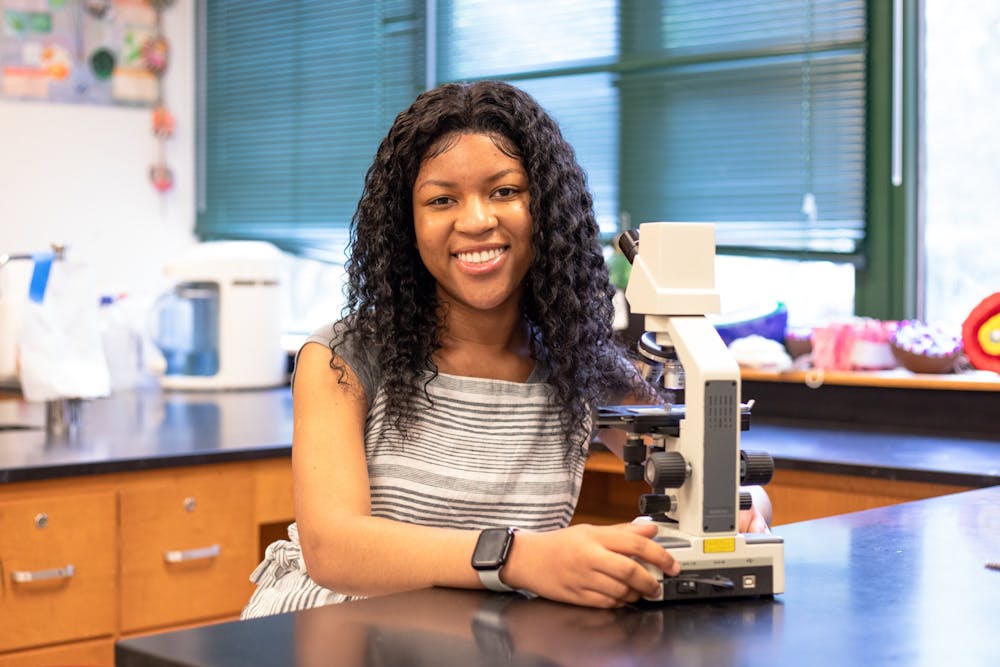CORRECTION: A previous version of this article incorrectly stated that NASA hosted the Genes in Space challenge. The competition is hosted by Boeing and miniPCR bio. The Daily Tar Heel apologizes for this error.
East Chapel Hill High School junior Pristine Onuoha was announced as one of the five finalists in the Genes in Space challenge on May 16.
Genes in Space is a national competition run by a collaboration between Boeing and miniPCR bio for seventh to 12th graders. In the challenge, students must design an experiment that relates to an issue about space’s effect on DNA. The winner’s proposed experiment will be tested on the International Space Station.
Onuoha said she has loved science and biology since she was a kid. She learned about the competition through East Chapel Hill High School’s Women in STEM club.
When she first learned about the competition, Onuoha read up on a study about Scott and Mark Kelly, a set of identical twins. The study compared the brothers' body functions because Scott Kelly spent a year in space while Mark did not.
The study found that Scott Kelly's telomeres were lengthened when he was in space. However, his telomeres shortened when he returned to Earth.
According to the National Human Genome Research Institute, telomeres are the region of "repetitive DNA sequences at the end of a chromosome."
They protect the ends of chromosomes from becoming frayed or tangled.
“When I heard that the telomeres in space actually lengthen, my mind was just blown,” Onuoha said.



